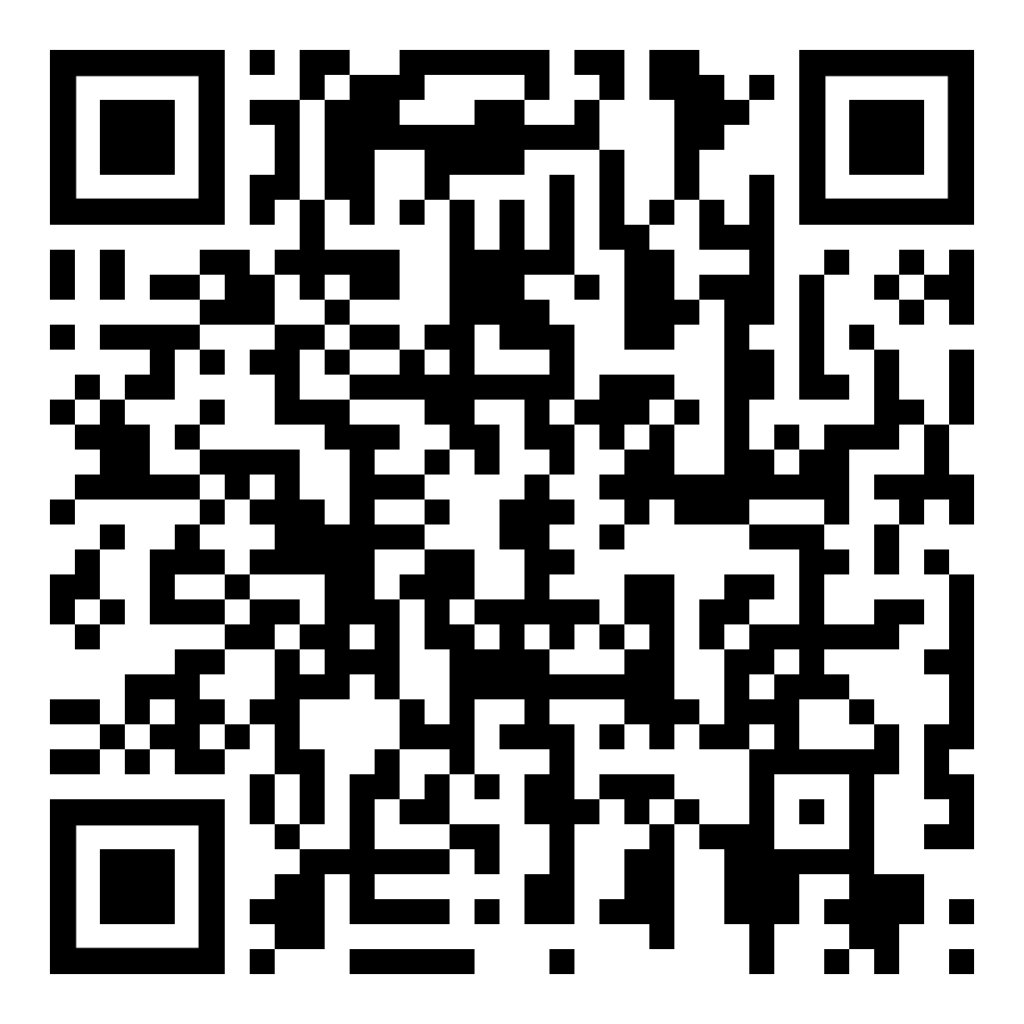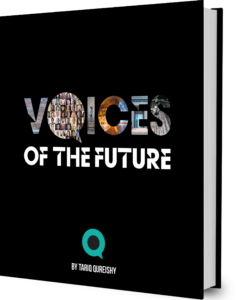In the heart of America’s corporate hustle, where ambition beats faster than a Wall Street trader’s pulse, Dorie Clark is a beacon of foresight and inspiration. This moment isn’t just a conversation; it is a masterclass in future-flung vision, delivered by a woman who’s cracked the code on thriving in a world obsessed with the ‘now.’
A strategic titan, Dorie Clark advises Google and coaches Microsoft executives. Thinkers50 rank her among the world’s top 50 business minds, while Marshall Goldsmith hails her as the #1 communication coach. Beyond consulting, she pens articles for Harvard Business Review, teaches at Columbia, and even hosts a Newsweek show. A former journalist, campaign spokesperson, and award-winning music producer, Dorie invests in Broadway, writes musicals, and shares her wisdom through self-assessments and engaging talks. From Forbes to The New York Times, her impact echoes across business, education, and the arts. This multifaceted powerhouse proves reinvention isn’t just a skill; it’s a way of life.
My conversation with Dorie began with a simple yet profound question about her childhood influences. Recalling a summer camp experience at 13, Dorie says: “At the camp, we engaged in creative writing, acting, and various other creative disciplines that piqued my interest. Back in my hometown, there weren’t many individuals who shared these interests. Experiencing the contrast between people who truly understood and stimulated me at camp and the lack of such connections at home made it clear that my hometown wasn’t really my place.” This early experience of seeking broader horizons is a testament to her forward-thinking nature. This quality has undoubtedly shaped her into the visionary she is today, whom I so admire.
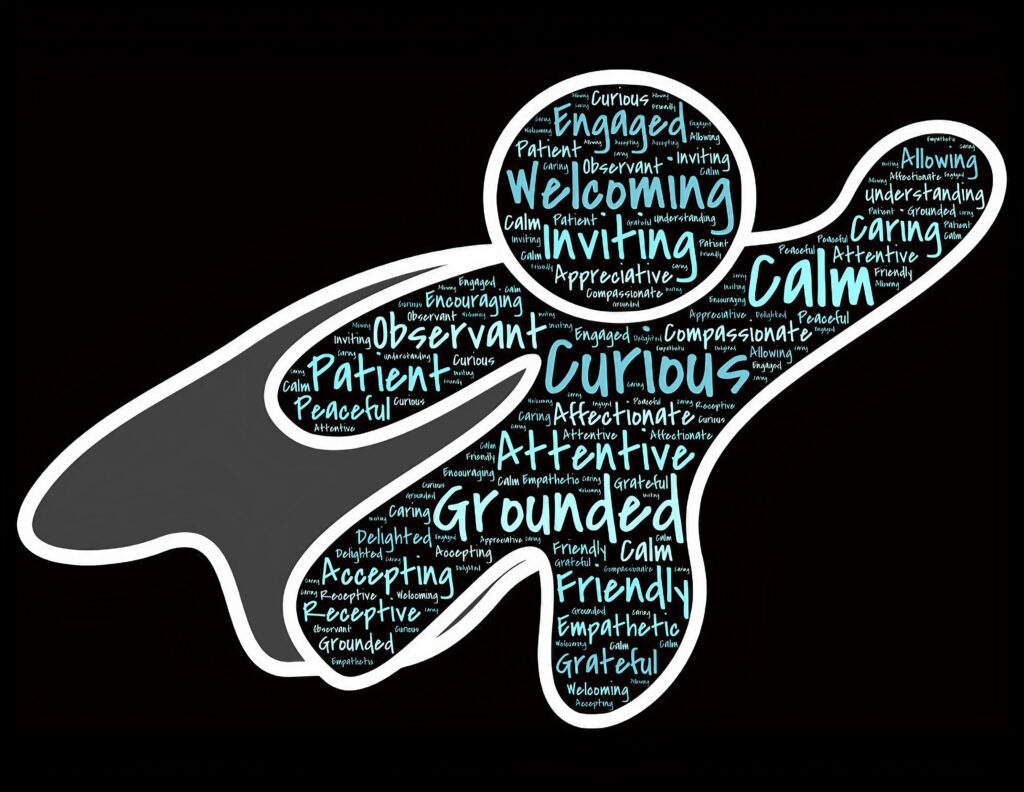
Did her parents push for her to take a traditional career pathway? “My mom definitely was on the train that I should be a lawyer,” she recounts wryly. “I was a philosophy major as an undergraduate, which ironically is considered a strong pathway into law school. To my mother’s chagrin, I went on to get a master’s degree in theology. She had no idea why I would want to do such a thing, but I was willful.”
Early rejections from doctoral programs sent Dorie down a winding path. Journalist? Laid off. Campaign manager? Two crushing defeats. Nonprofit leader? Valuable skills, but still not home. These setbacks, however, were a turning point, as she pivoted towards an unconventional path that led to her current success. “I had not planned on that; I very hastily had to come up with a new life plan for myself.” Within a few years, she was able to find a side door and begin teaching at universities, first at the undergraduate level and then for business school programs. She reveals: “That’s actually become a central part of the drum that I like to beat, reminding people that there is not one path to get the outcome that you want.
Dorie’s view on philosophy’s role in our future, a field I believe pivotal for humanity in an era where technology intersects with every facet of our lives, captivates me. Our connection is strong: she agrees with my views: “In a world where technology is increasingly important, it’s the humanistic studies like philosophy, anthropology, and theology that help us understand the complexities of our existence.”
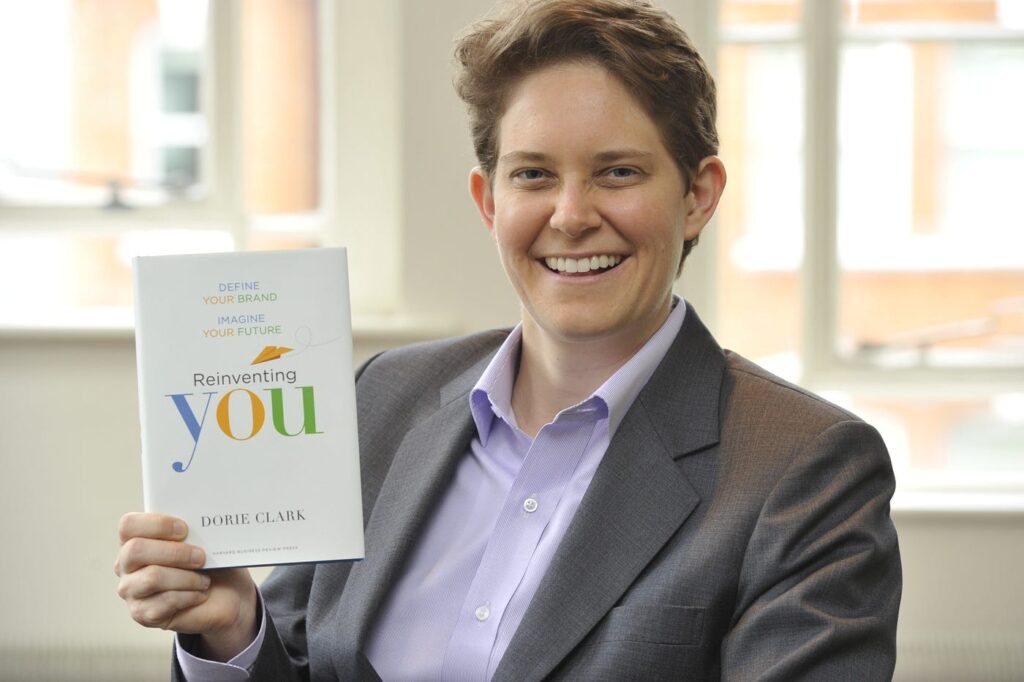
Discussing her book, ‘The Long Game,’ Dorie stresses the importance of long-term thinking. “Before the pandemic, in conversations with high achievers, a common refrain was their wish for a moment to think amidst the constant busyness,” she says. “It led to a realization: despite having the freedom to choose, many, especially the self-employed, were trapped in a cycle that contradicted their long-term goals and strategic thinking. This paradox sparked my exploration into why we fall into such frenzied patterns and how we can break free. ‘The Long Game’ is about becoming effective long-term thinkers and understanding that a well-planned approach initially can greatly simplify future tasks and decisions.”
Adaptive planning is indispensable in our rapidly evolving world. Traditional long-term plans may not suffice due to rapid changes. We should pivot to shorter, dynamic planning cycles, like three-month sprints, even challenging the conventional 12-month financial year. The critical challenge is to merge strategic thinking with the ability to adapt swiftly in this fast-paced environment. I ask Dorie about the feasibility of traditional planning in such scenarios. Her response reflects her deep insights into our world of uncertainties. She eloquently discusses the importance of having a provisional plan, even in the face of unforeseeable events like pandemics or technological advancements such as generative AI. She argues: “You can make the greatest plan in the world, and then there’s a pandemic…”
She hypothesizes that a provisional plan is far superior to having no plan at all. She believes that even if circumstances require a change in direction, a preliminary plan propels one in approximately the right direction. This approach is particularly beneficial when unexpected changes occur, whether in global circumstances or personal career choices. Dorie’s career, much like mine, exemplifies that adaptability.
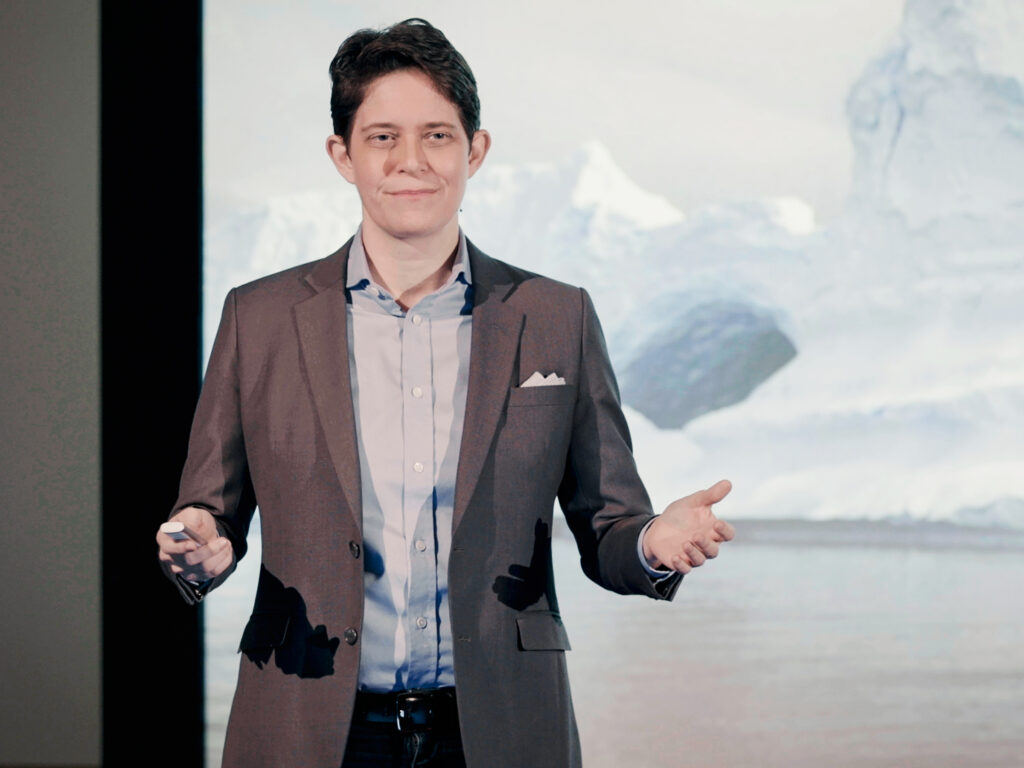
Discussing transformation, Dorie mentions reinvention, which I consider to be the final stage of a process following change and transformation. Transformation is faster, yet reinvention is where we truly evolve. Given her expertise in reinvention, I’m interested in her perspective on its importance, especially in preparing us for the future. Her insights are illuminating. She differentiates between capital ‘R’ and lowercase ‘r’ reinvention, stating, “It’s about continuously learning and pushing your boundaries.” This philosophy of constant self improvement and adaptability is particularly relevant for future resilience.
The next phase I foresee is a metamorphosis, similar to a caterpillar becoming a butterfly, symbolizing significant change. At its heart lies the concept of purpose, which is increasingly vital in our rapidly evolving world. I advise HR teams to focus on understanding a candidate’s purpose, ethics, and vitality over traditional qualifications. The key question is how this sense of purpose fits into our future planning and strategic decision-making. “Purpose is critical to everything,” she affirms. She shares a compelling metaphor: “It’s like you’re entering into a tunnel, and you don’t know how long the tunnel is. You can estimate the length in your head, but once you’re in that tunnel, you really just have to keep moving. If you have a sense of purpose, that can be incredibly powerful because you just need to keep on moving forward without the certainty of when or exactly how things are going to happen at the end of the day.
Looking towards the future, Dorie maintains a balanced outlook. She acknowledges: “There are a lot of challenges we face,” but remains optimistic, “I have faith in humanity’s ability to innovate and solve problems.” I, too, advocate that this equilibrium of recognizing threats while believing in human ingenuity is vital for future navigation.
Dorie’s message for the future is compelling: “Embrace adaptability, uphold your purpose, and move forward with resilience and optimism.”
My interaction with Dorie is a deep dive into the mind of a visionary. Her thoughts on embracing change, the significance of purpose, and the essence of strategic long-term thinking are crucial for anyone navigating the future’s uncertain terrain.
